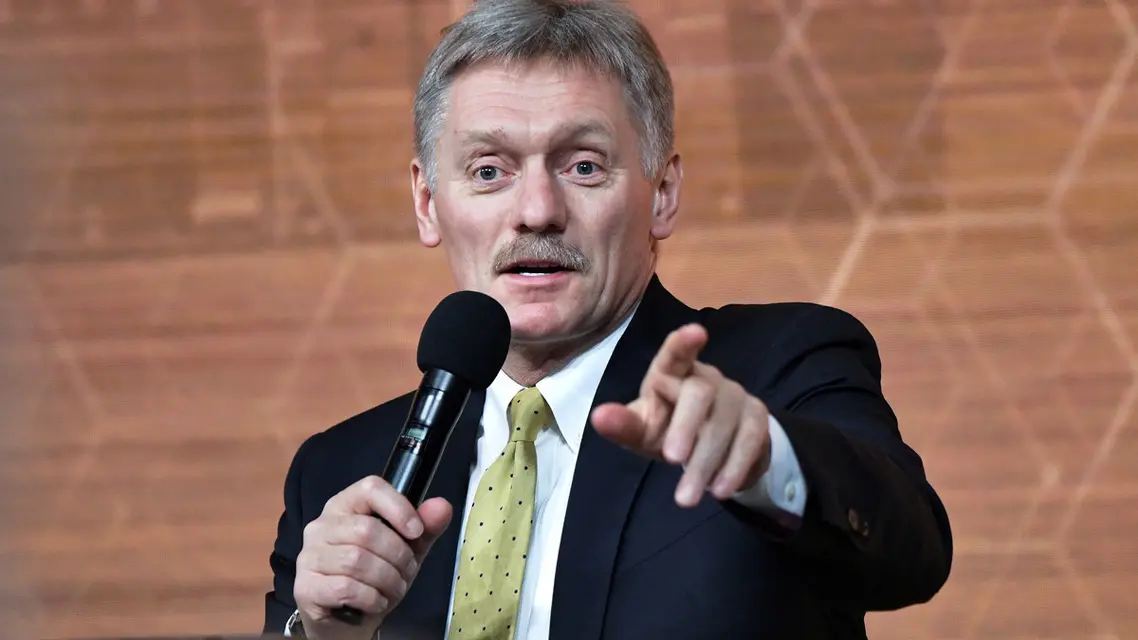Kremlin spokesman suggests addressing issues of Russian gas deliveries to Europe as they arise
Russia will not deliver gas to Europe for free, Kremlin spokesman Dmitry Peskov said on Monday.
Asked at a daily briefing in Moscow what Russia will do if Europe refuses to pay for gas deliveries in rubles, Peskov urged to “to solve issues as they come.”
“The delivery process is very, very complicated, it’s not buying some product in a store — you buy and pay at the checkout. These are deliveries, payments, and balance sheets, these are time-stretched processes. Now all the modalities are being worked out between the departments, with Gazprom.
“But the fact that we will not supply gas for free is unequivocal. This can be said with absolute certainty. In our situation, it is hardly possible and hardly advisable to engage in pan-European charity,” he said.
Russian President Vladimir Putin instructed on Monday the government, Central Bank, and Gazprom company to switch to rubles by March 31 for the payments of gas deliveries to “unfriendly countries.”
On March 7, the Russian government issued a list of countries “taking unfriendly actions against Russia, Russian companies, and citizens,” referring to the economic sanctions introduced amid the Russia-Ukraine war.
According to a decree published on the government’s website, the list includes Albania, Andorra, Australia, Great Britain, including Jersey, Anguilla, British Virgin Islands, Gibraltar, EU member states, Iceland, Canada, Liechtenstein, Micronesia, Monaco, New Zealand, Norway, South Korea, San Marino, North Macedonia, Singapore, US, Taiwan, Ukraine, Montenegro, Switzerland, and Japan.
READ ALSO: Nearly 140 Arab rights groups demand an end to the Saudi war, the siege on Yemen
The Russia-Ukraine war, which started on Feb. 24, has met international outrage with the EU, US, and UK, among others, implementing tough financial sanctions on Moscow.
At least 1,151 civilians have been killed in Ukraine and 1,842 injured, according to UN estimates, with the true figure feared to be far higher.
More than 3.87 million Ukrainians have also fled to neighboring countries, with millions more displaced inside the country, according to the UN refugee agency.














